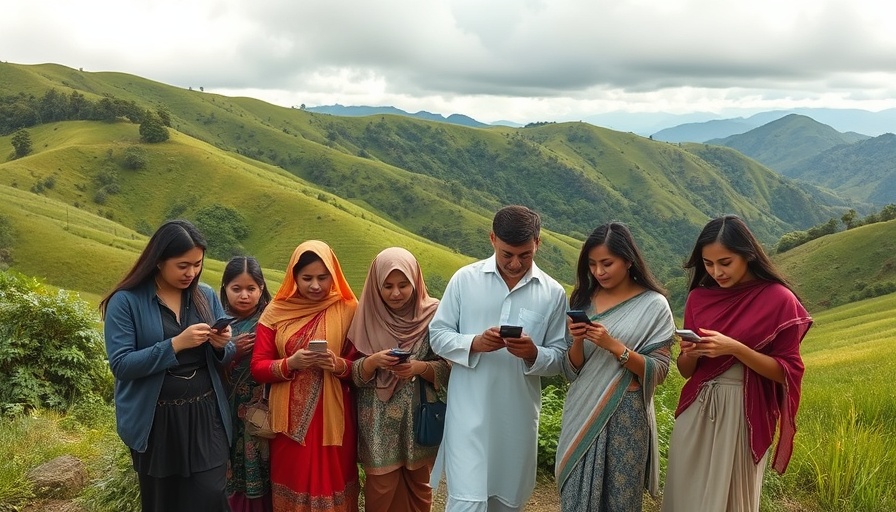
A Legacy of Resilience: The Tibetan Government in Exile
In a world marked by political upheaval and cultural erosion, the Tibetan government in exile, led by the Dalai Lama, emerges as a beacon of hope for preserving a distinct cultural identity. Established in response to decades of Chinese persecution, this exile government operates not just as a political entity but as a vibrant community fostering democratic ideals among Tibetan refugees. The unique governance structure, designed to involve the community, has proven crucial for sustaining Tibetan identity in the face of adversity.
Understanding the Democratic Framework
The Tibetan government in exile exemplifies a remarkable transition from autocratic monarchy to a democratic framework. The Dalai Lama's decision to devolve power to an elected Parliament is a testament to his belief that democracy is a more sustainable form of governance, particularly for a people yearning for autonomy. By prioritizing a system where leaders are chosen by the community rather than through hereditary succession, Tibetans in exile have cultivated a sense of empowerment that enhances their cultural resilience.
The Role of Cultural Practices in Supporting Democracy
Cultural expressions, such as the Lhakar Gorshey dance performed weekly in Dharamsala, are more than mere traditions; they serve as a vital link to a shared heritage. This weekly ritual reinforces the community’s bond and provides a platform for public civic engagement. The continuation of such practices fosters unity among Tibetans, reminding them of their shared struggles and collective identity, which is crucial in a fragmented world.
The Challenges of Leadership Succession
As the Dalai Lama ages, questions surrounding his eventual succession loom large. The current framework of leadership, which emphasizes decentralized power, faces unprecedented tests as it transitions from a singular iconic figure to a new collective leadership model. This situation poses not only challenges in governance but also risks dilution of the Tibetan cause if not navigated carefully.
International Support and Recognition
Global recognition of the Tibetan struggle has played a significant role in their fight for autonomy. Countries such as India and various Western nations have provided diplomatic support while also facilitating the refuge for Tibetan exiles. This international backing has been crucial in amplifying the Tibetan voice on global stages, allowing their narrative to transcend borders and resonate with a wider audience.
Future Perspectives: Sustaining the Tibetan Identity
Looking forward, the sustainability of Tibetan identity hinges on the ability of its political structure and cultural practices to adapt to the changing landscape of international and domestic politics. As challenges arise, from both inside and outside the community, fostering dialogue and open debate, principles deeply rooted in democratic governance, will be essential in navigating these turbulent waters.
Keeping the Flame Alive
In conclusion, the Tibetan government in exile represents a significant experiment in democracy amidst exile. This model not only seeks political representation but also strives to ensure the longevity of Tibetan culture and identity. As Tibetans navigate the complexities of leadership succession, the ongoing prioritization of balance between democracy and cultural preservation remains imperative for their future.
 Add Row
Add Row  Add
Add 




 Add Row
Add Row  Add
Add 

Write A Comment